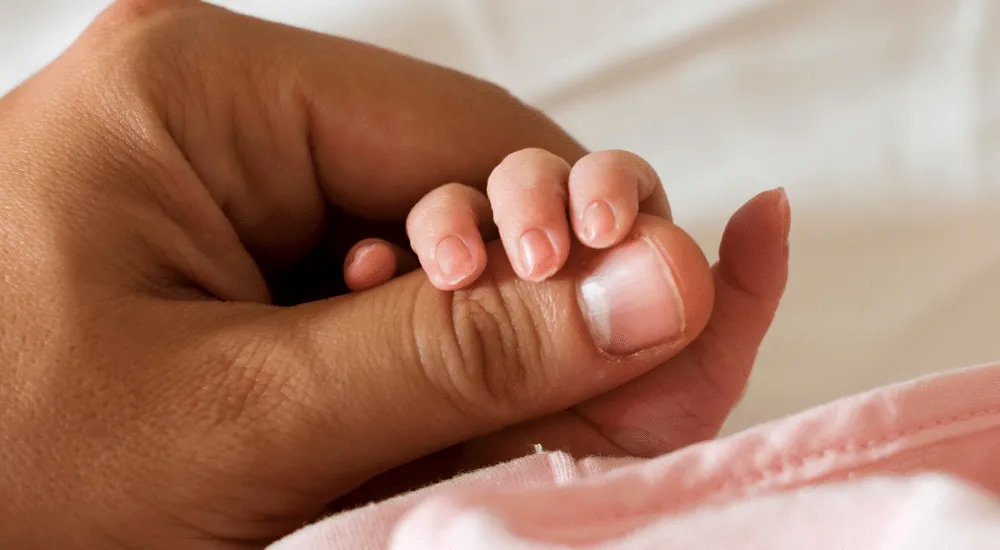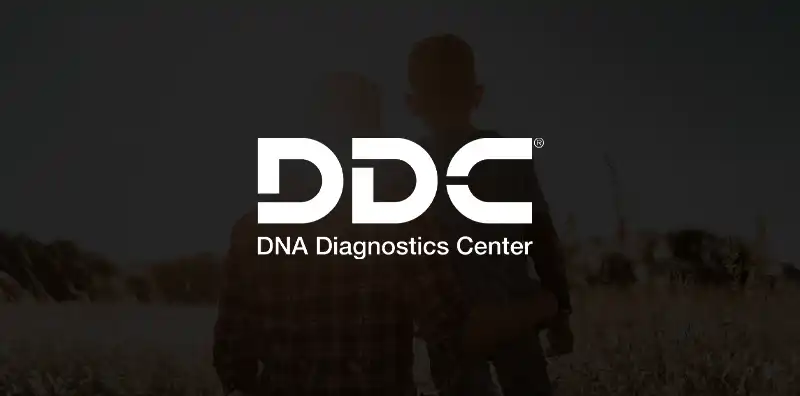APRIL 16, 2021
What is the Process for a Legal Paternity Test?

When a married woman gives birth, her husband is typically assumed to be the child’s father and is given that status on the birth certificate. But if a woman is unmarried, a man must formally be named the father to establish legal paternity. The man must usually sign an Acknowledgment of Paternity (AOP) form at the hospital.
CALL FOR A FREE CONSULTATIONDNA Testing For Legal Purposes
Courts only accept legal paternity test results. A legal paternity test requires a chain-of-custody process with witnessed DNA collection, ensuring the correct DNA has been submitted for testing. Home paternity tests are inadmissible because the court has no way to verify if the DNA belongs to the people whose names are listed on the test. Today, scientific advances in DNA testing have enabled parents to establish paternity before the baby is even born. As with postnatal testing, non-invasive prenatal paternity testing can be performed with a chain-of-custody process.
CALL FOR A FREE CONSULTATIONAbout DNA Diagnostics Center (DDC)
DNA Diagnostic Center is the world leader in paternity and relationship testing. We serve healthcare professionals, government agencies, and individuals around the world to determine family relationships with trusted accuracy.
More Questions? Don’t hesitate to call us: we’re here to help!
CALL NOW




